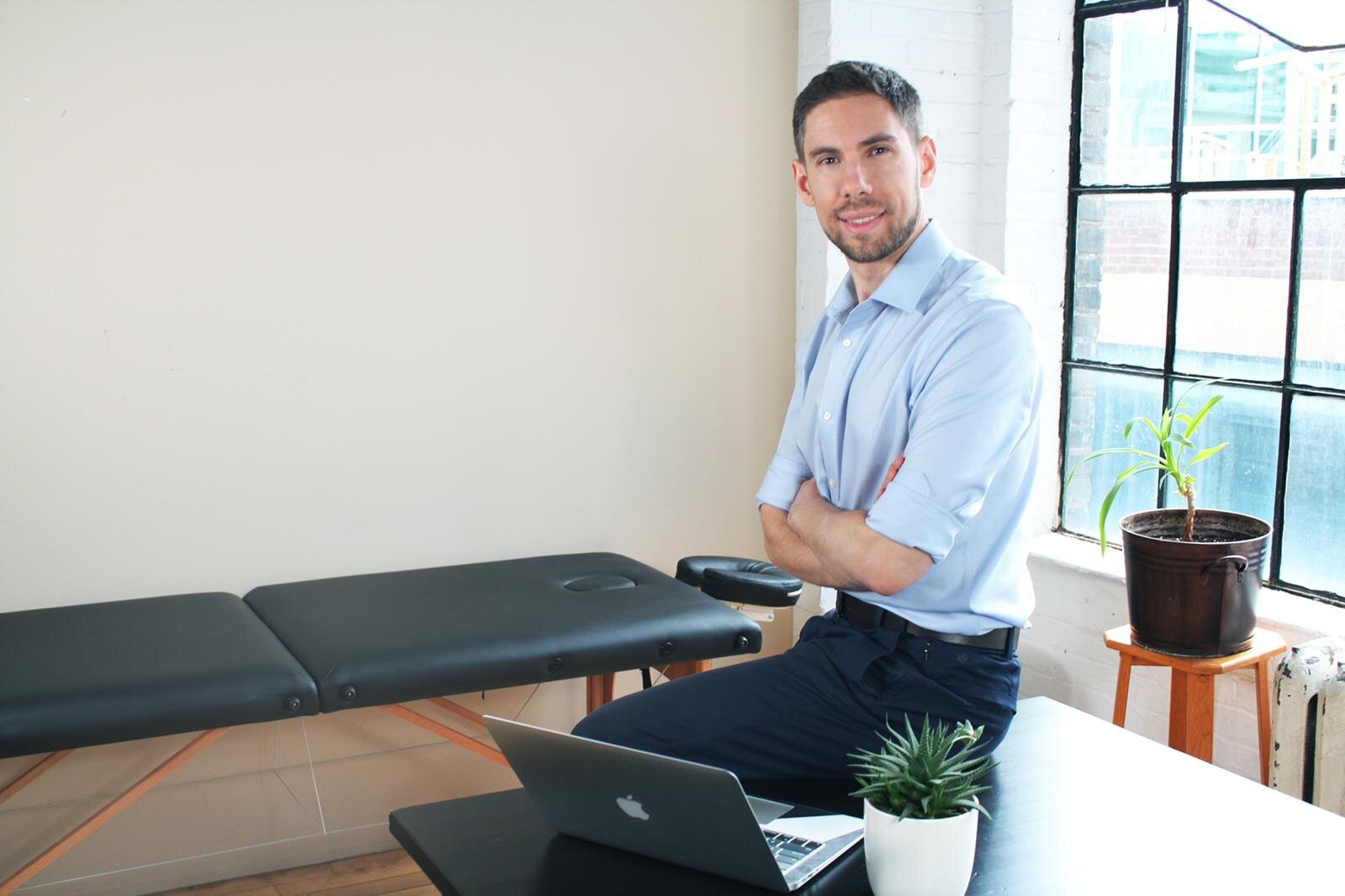What Is IBS and How Should We Approach It?
Irritable bowel syndrome is a general diagnosis for the symptoms of chronic bloating and poor bowel movements. In IBS, bloating is worse after meals, and bowel movements can be constipation, diarrhea, or a combination of both. The problem is, although IBS is definitely a real diagnosis, it’s also a very general and lazy diagnosis, since it doesn’t address the root cause!
This can be problematic because when left untreated, IBS can lead to skin problems, food sensitivities, and low energy. Bowel discomfort and gut inflammation can also make anxiety, depression, and PMS a lot worse during a flare.
The Top Underlying Causes of IBS
From what I’ve seen in my clinical practice, the top 3 root causes of IBS are:
Previous food poisoning and other intestinal infections
One or multiple courses of antibiotics for an unrelated condition
Hormonal imbalances, which can involve estrogen as well as thyroid gland problems. It’s always good to rule out hormonal causes with some basic blood work.
More serious intestinal conditions like Crohn’s, celiac, and colitis should be ruled out by your gastroenterologist.
What Is IBS?
Unfortunately, IBS is a chronic condition that usually gets worse over time if left untreated. This is because the machinery that helps your intestine clean itself isn’t working properly, either because of damage caused by a previous infection, or by antibiotics that made your microbiome very unbalanced. Some bacteria become “overgrown” and make a lot of extra gas through a chemical reaction called fermentation. This process is responsible for most of the discomfort felt in IBS. They especially like starchy foods like bread, pasta and potatoes, processed sugar, and gas-producing sugars called FODMAPs (found in garlic, onions, apple, pear, broccoli, etc). So it can appear that you have multiple food sensitivities!
Is IBS Treatable?
The goals of IBS treatment are to address any bacterial imbalance and restore flow so the intestine can heal itself. Here’s my general approach:
Milder forms of IBS can respond well to dietary modifications. We create a meal plan according to your food sensitivities, which usually involves cutting out things that feed the bacteria and make them grow. For example: starchy foods, processed sugar, soluble fibre, and bloaty (high FODMAP) veggies and fruits. Dairy and gluten can bother some patients as well by contributing to the inflammation already caused by bacteria.
For more severe cases, we need to use natural antibiotics (aka herbal antimicrobials) for 1-2 months to kill some bugs and allow the microbiome to reset itself. The intestine is pretty good at healing itself, but for that to happen we need to decrease the bacterial numbers first.
During this process, digestive enzymes, probiotics, and specific supplemental fibres are helpful in making bloating and poor bowel movement symptoms better.
Intermittent fasting and herbs that help your intestine contract better (prokinetics like ginger for example) can help restore intestinal flow to ensure the bacterial imbalance doesn’t return. Some patients need to take prokinetics regularly, in addition to always keeping an eye on certain trigger foods.
IBS flares can return after periods of high stress, takeout and processed sugar, and binge eating. During the course of treatment, we always do some extra investigative work to figure out what your underlying triggers might be. Additional treatments may be required, but herbs are cheap, safe and effective for helping keep symptoms at bay. From my experience, the condition seems to get better for longer after multiple treatments.
A Final Word On IBS
IBS affects all of us differently, and it can be very stubborn. Depending on severity, multiple treatments may be required, but they are safe and generally well tolerated. It is possible to get back to a better baseline with a good gut reset protocol tailored to your microbiome. For long-term management, it is important to understand how the condition works so you can make the right decisions at the right time to prevent the next flare!
If you’re ready to learn more about how Naturopathic Medicine can support your IBS, you can check out our resource pages here.
Ready to make a change?
If you’re ready to speak to a Naturopathic Doctor about finally reclaiming your gut health, you can book a complimentary consult with me here.
Yours in health,
Dr. Almir Alicelebic, ND


